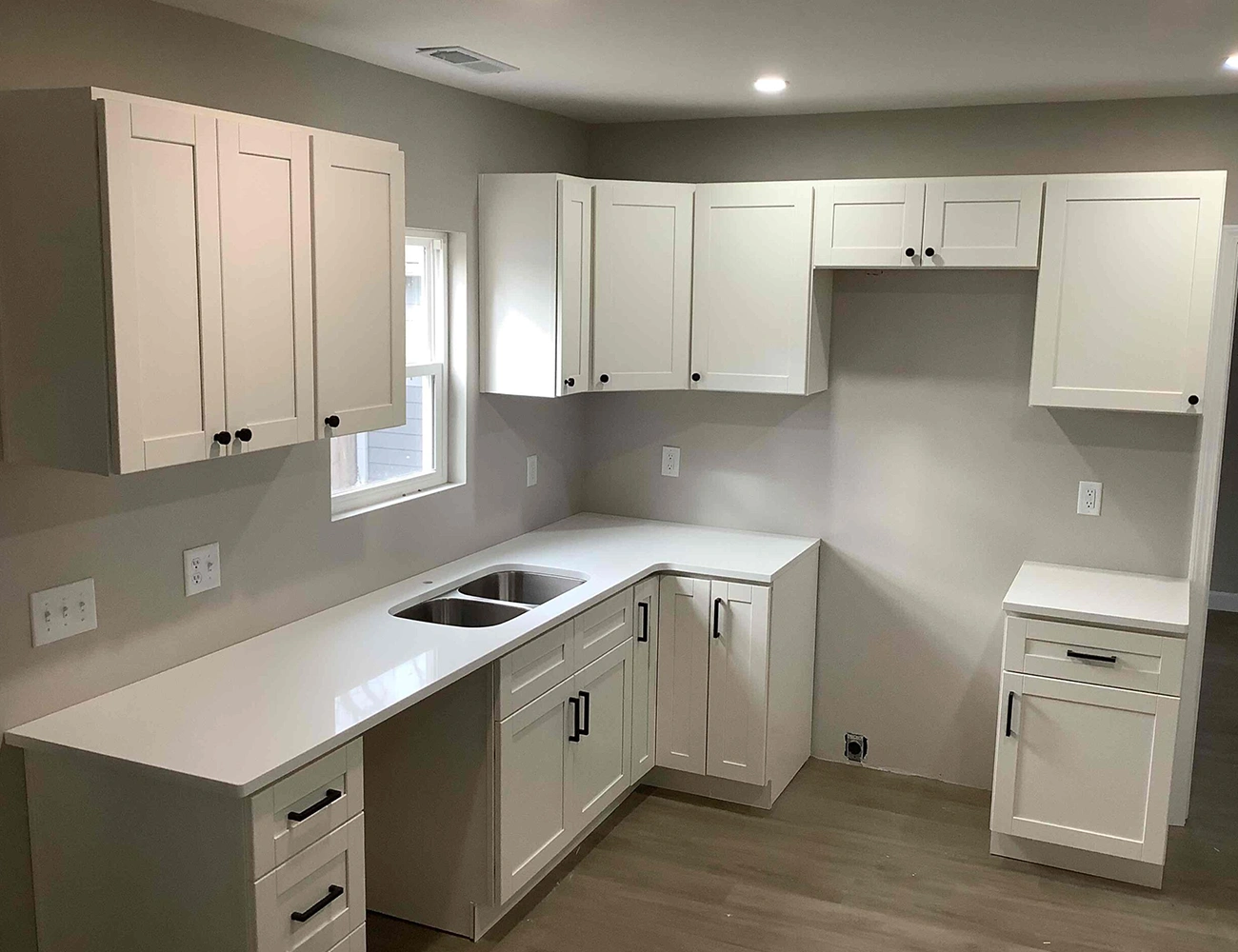We live in an age flooded with information. With just a few taps on our devices, we can access an endless sea of facts, opinions, and advertisements. But since not all of this information is accurate or useful, this continuous stream of data can be a two-edged blade. In sectors like countertop production, where billions of dollars are at risk, rivalry is intense and strong assertions are not rare. Among the most divisive subjects is the marketing of quartz countertops; some producers blur the boundaries between fact and fiction. This post will examine some of these assertions closely and clarify the reality of engineered quartz surfaces.

What in a name? The Truth About “Pure Natural Quartz”
One of the most misleading terms in the quartz countertop industry is “pure natural quartz.” Though this sentence sounds nice and implies an all-natural product, it is not accurate. Made from 70% to 93% natural quartz aggregate mixed with polyester resin, pigments, and other additives, engineered quartz countertops are really Though it sounds nice in marketing materials, the term “pure natural quartz” does not accurately describe the actual makeup of the product. Only one particular kind of natural stone—quartzite—can really be said to be pure quartz.
Engineered Quartz vs. Natural Stone: What’s the Difference?
Another area of confusion comes from companies that market their products as “natural stone.” Often used synonymously with “engineered quartz,” this term is used in advertising to create a natural product impression on consumers. Actually, manufactured quartz is not naturally occurring like granite, marble, or limestone; it is a manmade substance.
Natural stone, such as granite or quartzite, forms naturally in the Earth’s crust over millions of years, composed entirely of minerals. Conversely, engineered quartz is a composite material consisting mostly of crushed quartz crystals combined with resins, polymers, and colors. Although this is a strong and beautiful material, it is not a natural stone, thus customers should be aware of this difference when choosing.
Names and Misleading Labels
As part of the push to make quartz surfaces appear more luxurious and natural, many manufacturers have adopted names of famous natural stones for their engineered products. One well-known quartzite, a lovely natural stone with a white base and subdued grey veins, is Mont Blanc. Still, some brands of quartz countertops have called their manmade creations the same name.
The industry as a whole follows this pattern. Synthetic surfaces are often named “Taj Mahal,” “Calacatta Nuvo,” “Statuario,” and “Carrara,” even though these names originally refer to esteemed, natural stones. Customers who believe they are purchasing a premium natural stone but might not be aware they are choosing a synthetic product could become perplexed.
The Power of Branding: How Names Influence Consumer Choices
The marketing strategies used by quartz manufacturers are highly effective at drawing attention and influencing buying decisions. Companies are using the cachet of well-known, opulent natural stones to increase the apparent value of their surfaces by affixing names of these stones to their engineered goods.
This strategy does, however, also have a drawback since it sometimes leads consumers to believe they are buying a natural product when they are not. Designers and architects should teach their clients about these marketing techniques so they may make confident, informed decisions.

The quartz countertop industry is undeniably vast and competitive, with marketing strategies designed to attract consumers and highlight the beauty of the product. But consumers as well as industry experts must be able to distinguish fact from fiction. Understanding the actual composition of engineered quartz and the variations between natural and manmade materials will help us to make more wise decisions and guarantee that the appropriate products are chosen for every project.
Consumers’ increasing knowledge of the subtleties of countertop materials will force the business to give transparency and honesty top priority, so benefiting everyone in the long run.






